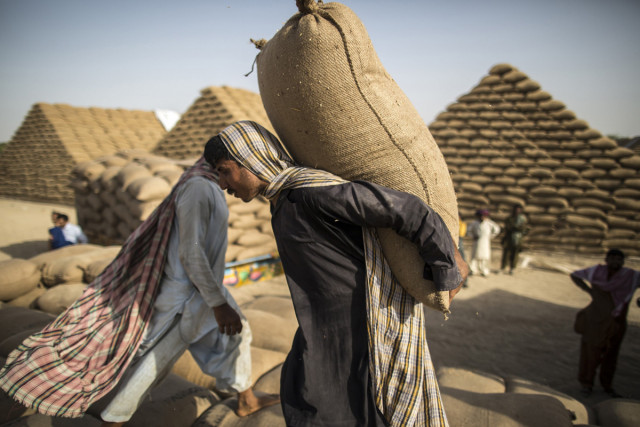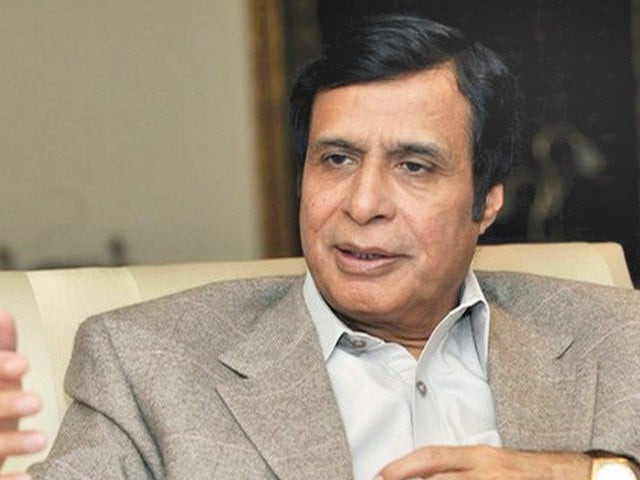Ensuring Food Security: Pakistan’s Road to Wheat Self-Sufficiency
In a recent meeting, Federal Minister for National Food Security and Research, Rana Tanveer Hussain, made a significant announcement regarding Pakistan’s commitment to becoming self-sufficient in wheat production. The government’s dedication to safeguarding farmers and stabilizing the wheat market is crucial, especially as we look toward the upcoming Rabi season of 2025-26.
During an 8th Wheat Board meeting, Hussain reviewed the current state of wheat in the country. He pointed out that Pakistan’s available wheat stands at approximately 33.47 million metric tonnes (MMT), just shy of the required 33.58 MMT. While this represents a minor shortfall of 0.11 MMT, he assured everyone that the situation isn’t alarming, and Pakistan will avoid wheat imports for now due to sufficient existing reserves.
One of the key priorities for the government is to protect local farmers over middlemen and market players. This commitment signifies a broader aim to empower those who cultivate the land, ultimately leading to more food security. Minister Hussain also emphasized that abundant supplies of urea and other farming inputs are in place, ensuring that sowing the Rabi crops would proceed without interruptions. Despite the rising international prices of fertilizers, the government is actively monitoring and controlling domestic prices to keep costs manageable for farmers.
However, he did raise concerns about the potential negative impacts of abrupt regulatory changes at the provincial level, especially in Punjab. Following the 18th Constitutional Amendment, a lot of power was given to provinces, which sometimes leads to challenges in implementing a cohesive national agricultural strategy. Hussain calls for enhanced coordination between federal and provincial bodies to ensure smooth and effective policy execution.
Long-term food security, according to the minister, hinges on increasing wheat yields per acre and lowering production costs. This can be achieved through advanced technology, efficient input use, and supportive farmer programs. He urges all stakeholders to shift their focus from temporary solutions to sustainable strategies that truly empower farmers.
The promise to work in close collaboration with provinces highlights the government’s commitment to safeguarding the interests of farmers and ensuring continuous food supply for the nation. With a united front and a clear strategy, Pakistan is taking essential steps toward food self-sufficiency.
For those interested in further discussions on agriculture, technology, and improving food security, it’s worth checking out Pro21st. They provide valuable insights and collaborate on initiatives that focus on sustainable practices in agriculture. Engage with them to explore meaningful ways to contribute to food self-reliance!
At Pro21st, we believe in sharing updates that matter.
Stay connected for more real conversations, fresh insights, and 21st-century perspectives.





